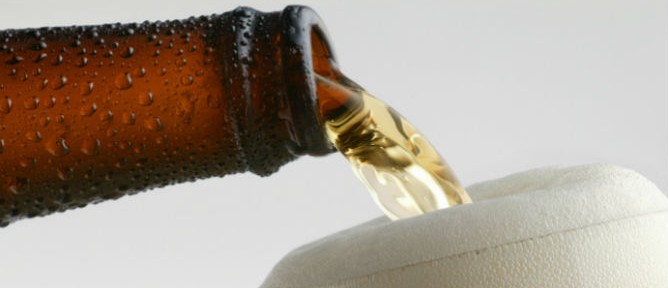
A new bar-restaurant co-op, founded by organizers of last summer’s
social justice protests, already has 60 shareholders, and is planning to
open its doors next month.
The cooperative enterprise, popular in the early days of Zionism, has made something of a comeback over the past year.
Following last summer’s social justice protests, dozens of
cooperatives have been founded. These include the Ha’agala co-op in
Mitzpeh Ramon, which competes with the local branch of the Super-Sol
grocery store, a social workers’ cooperative and a co-op in northern
Israel made up of teachers employed by manpower companies.
Next month, a pub-restaurant co-op is slated to open in Tel Aviv,
while in Jerusalem a plan for a cooperative coffee shop is beginning to
take shape.
On Sunday, the first members’ assembly will be held for the Tel Aviv
co-op, to be called Bar Kayma (Hebrew for “sustainable”), in which its
members will vote on its menu, location and design. The original date
for the opening was set for May 1, but this was pushed back due to
bureaucratic delays.
The prices paid for food and drink at the new co-op will only cover
the cost of production, while guests will be charged market prices. A
half liter of beer, for example, will cost members NIS 15, while
non-members will pay NIS 25. The pub’s seven employees will earn fair
wages, and administrative decisions will be make by vote only. The co-op
will serve only vegan food, a decision reached during the new
institution’s founding conference.
The pub’s founders are Yigal Ramban and Julian Feder, both of whom
were leading activists in last summer’s social protests. They sit in an
Indian restaurant at Hamashbir Street 22 in south Tel Aviv’s Florentine
neighborhood, where the pub is meant to be located, recruiting potential
shareholders.
Thus far, 60 people have bought shares, which cost NIS 1,000 each.
Thirty more have expressed interested in buying one, but have not yet
paid. Rambam and Feder’s goal is to recruit at least 100 shareholders,
but Feder noted that Israel’s Securities Law prevents them from selling
the shares off publicly in a large-scale sale.
Rambam and Feder’s role models for this very modern enterprise hark
back to the beginning of Zionism.
They note the symbolism in the fact
that the Yishuv’s first cooperative, which was founded in 1916, was
called Hamashbir, the same name as the street on which they plan to
found their co-op.
“Thanks to these cooperatives, Israel is not a third world country,”
according to Rambam. “Since the summer, people understand that
cooperative work is a winning proposition.”
When asked if the pair is afraid that the cooperative model will fail
to catch on, Feder said, “Unlike a regular business, here hundreds of
people help you promote the business, so you don’t take the risk by
yourself.
When there’s a war over the cost of living, being a member of a
co-op means beating the system.”
The cooperative model is widespread in Spain’s Basque region, where
the Mondragon Corporation, a federation of worker cooperatives, employs
tens of thousands, while Ireland has a cooperative pub-brewery.
As it turns out, one of the reasons why co-ops close is not their
failure but rather because of their own economic success, which provides
their owners with an incentive to sell the business for a profit. Under
existing Israeli law, the Cooperative Societies Ordinance of 1933
allows a successful cooperative to easily let go of its shareholders.
“The law incentivizes the dissolution of cooperatives,” said Yifat
Solel, a lawyer who works with co-ops and who aided the founders of the
Bar Kayma. “Thus a situation is created in which one hand battles
apathy, while the other struggles with the outdated Cooperative
Societies Ordinance, which is mainly suited to agricultural or kibbutz
enterprises.”
“Once there was a cooperative in almost every field in Israel, from
agriculture to credit funds and retail: ‘Hapardes,’ ‘Hamashbir,’
‘Habima’, ‘Davar,’” added Solel, whose grandfather Raphael Marinov was
the CEO of the Hamashbir Latzarchan department store for 30 years.
“There were 2,200 different cooperatives here. And still, when I
began dealing with co-ops, people looked at me as if I had just fallen
from the moon. Now people interested in opening cooperatives contact me
every week,” she said.
Source: Haaretz.com




































